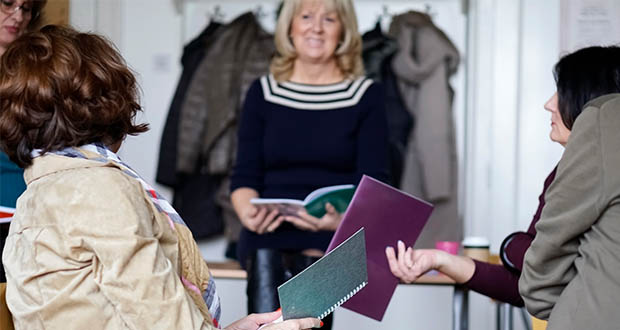Everywhere I go I ask school leadership teams whether they are aware of the highest drivers of student achievement. The answers are usually varied, and even though most educators identify that the teacher/student relationship is important, what they sometimes don’t recognise is that it is Collective Teacher Efficacy (CTE) that is the key to driving student outcomes across the whole school.
We have heard a lot about collective efficacy in schools. Some would say that it is another of the education buzz words. If you are a teacher, school leader or even work in schools in another capacity you hear many of these words, some have stick-ability and others are like fads and quickly pass.
In 2016, education researcher Dr John Hattie began presenting CTE as the “new number one” influence related to student achievement. This new information was based in part on the work of another researcher, Rachel Jean Eells. The research was a meta-analysis which looked at the relationship between student achievement and teacher collective efficacy (Hattie, J, 2016).
Collective efficacy is not a new field of research. In fact it was first written about back in the 1990s by Albert Bandura in a book called Self-Efficacy. Bandura was a psychologist and defined collective efficacy as “a group’s shared belief in the conjoint capabilities to organise and execute the courses of action required to produce given levels of attainment" (Bandura, 1993).
Bandura went on to research how collective efficacy affected student performance and discovered that despite socio-economic conditions Collective Teacher Efficacy more than outweighed these others factors (Bandura, 1993).
Since this time, the research in the space has evolved and there are many peer reviewed research journals, articles and evidence by industry experts and even educators themselves about the benefit of working collectively. However, it seems that not all teachers truly understand the real benefits for students of working together to build their capacity.
We think we might have the 'why'. Working together collaboratively can be hard work. Even harder work when we are not on the same page, we don’t agree or we just don’t know the direction we should be heading.
In our in-school research with partner schools over the past five years, we discovered that even the schools who do take the time to use collective language, collaborate, and plan together aren’t always getting the outcomes they would expect.
When we dig a little deeper, we discover that despite teachers and school leaders wanting the best for students they engage with, their relationships with each other are often hindering next level growth.
When teachers truly understand that their relationships and the way they work together could be hindering students from being the best they can be we begin to see even greater outcomes for not only team members but also students.
High performance characteristics for school teams are the same as they are for businesses:
- high levels of professional trust
- a feedback culture
- ability to effectively collaborate
- embracing inclusion and diversity
- a clear purpose and direction
- approaching challenges and opportunities
- collective efficacy and interdependence
The truth is no team can build high performance characteristics without first building cohesion. This means school leaders and educators need to continually reflect about how they are functioning as a team and how they could improve.
School teams who develop a common understanding of what 'being a team' means, how they can accelerate cohesion and how they can set expectations across the school will see greater benefits for teachers and students.
These high performing teams tend to make higher quality decisions and accomplish more in less time.
They also look at ways to build professional trust, understand each other’s conflict styles and establish plans to build commitment, accountability and results.
They understand that teams can be untidy, unpredictable, dynamic and everchanging and that doing work on 'building team' can be all together messy.
They are, however, also the trail blazers in education, recognising that team cohesion does not just happen but is a strategic choice and that this choice determines the impact that each individual (as part of the broader group) can make on students in classrooms.
Rochelle Borton is the founder and managing director of Eduinfluencers, an organisation that provides professional learning programs, workshops, coaching and consultancy to schools in Australia.
Do you have an idea for a story?Email [email protected]
 Education Review The latest in education news
Education Review The latest in education news
